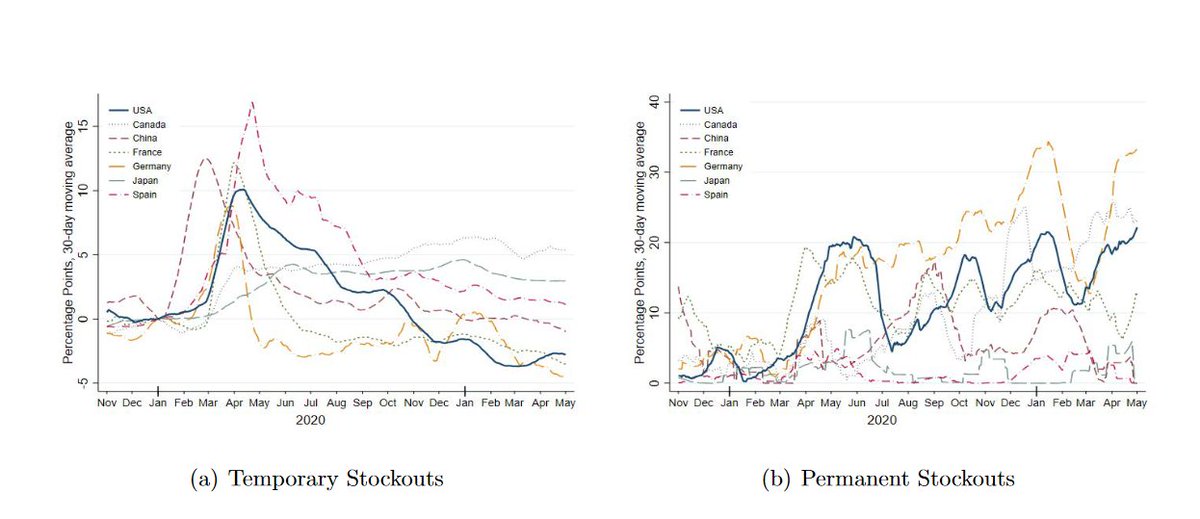
Covid was clearly bad for DIS Parks/Studio biz. But I've been thinking lately it was also bad for D+.
As @ballmatthew wrote, D+ was going to be a binding agent between the company and consumers, helping to drive the non streaming biz by establishing a direct relationship.
As @ballmatthew wrote, D+ was going to be a binding agent between the company and consumers, helping to drive the non streaming biz by establishing a direct relationship.

The reality of the pandemic is that D+/streaming role as a business unto itself was forced on the Company. Rather than being allowed to grow steadily and become integrated across the divisions, D+ became the focal point. Yes, the DTC biz is much larger today, but at what cost?
To date, we haven't seen the types of cross asset collaborations I would've hoped for. Obviously the pandemic has a lot to do with that! But management also dramatically upped the sub targets and investor focus is now squarely on the size and shape of DTC, not its halo effect.
It is very unlikely that the standalone DTC biz will have anything like the economics of NFLX, it was never supposed to! So while Covid means D+ is much larger than it might have been otherwise, I'm not sure it or its role within Disney, is.
There's still massive opportunity for Disney as a Service to come to fruition. Question is whether Covid altered management attention and focus in a way that "success" in DTC is now a standalone objective, whatever that may mean, as opposed to a path to making DAAS a thing. 

• • •
Missing some Tweet in this thread? You can try to
force a refresh












